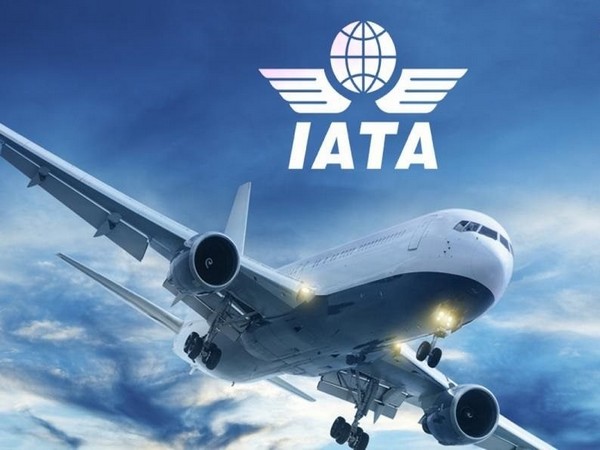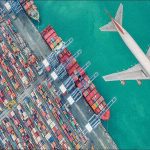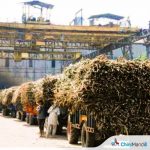Global airlines could incur losses exceeding USD 11 billion in 2025 due to ongoing supply chain disruptions that are delaying aircraft production and parts deliveries, according to a new report by the International Air Transport Association (IATA) in partnership with consulting firm Oliver Wyman.
The report, titled Reviving the Commercial Aircraft Supply Chain, highlights that these disruptions are forcing airlines to keep older aircraft in service longer, which is driving up operational costs across the industry.
According to an IATA press release, the slow pace of aircraft production is creating significant challenges for airlines. With a backlog of more than 17,000 commercial aircraft expected in 2024, compared to an average of 13,000 between 2010 and 2019, carriers are struggling to expand their fleets to match growing passenger demand. This delay has triggered a ripple effect throughout the industry, pushing up costs for fuel, maintenance, and leasing.
The report estimates that airlines will spend an additional USD 4.2 billion on fuel in 2025, as they operate older, less fuel-efficient planes. Maintenance expenses are projected to rise by USD 3.1 billion, as aging fleets require more frequent and costly servicing. Furthermore, engine leasing costs are expected to increase by USD 2.6 billion, while spare parts inventory will contribute an additional USD 1.4 billion to overall expenses.
Passenger demand surged by 10.4% in 2024, outpacing the 8.7% growth in available capacity, pushing load factors to a record high of 83.5%. As demand continues to rise into 2025, the industry’s inability to rapidly expand fleets remains a pressing issue.
“Airlines rely on a stable and efficient supply chain to grow their fleets and meet consumer demand. Right now, we face unprecedented delays in aircraft, engine, and parts deliveries, along with unpredictable schedules. These disruptions have resulted in an additional USD 11 billion in costs this year, while limiting airlines’ ability to satisfy passenger demand,” said Willie Walsh, IATA’s Director General. He further emphasized that improving transparency and granting better access to aftermarket parts and services could help alleviate some of the strain.
Matthew Poitras, Partner at Oliver Wyman, noted that while today’s aircraft are more efficient than ever, restoring balance to the supply chain will require industry-wide collaboration. “We see an opportunity to improve supply chain performance for the benefit of all, but this will require collective action to reshape the aerospace industry’s structure and focus on transparency and talent development,” he added.


















